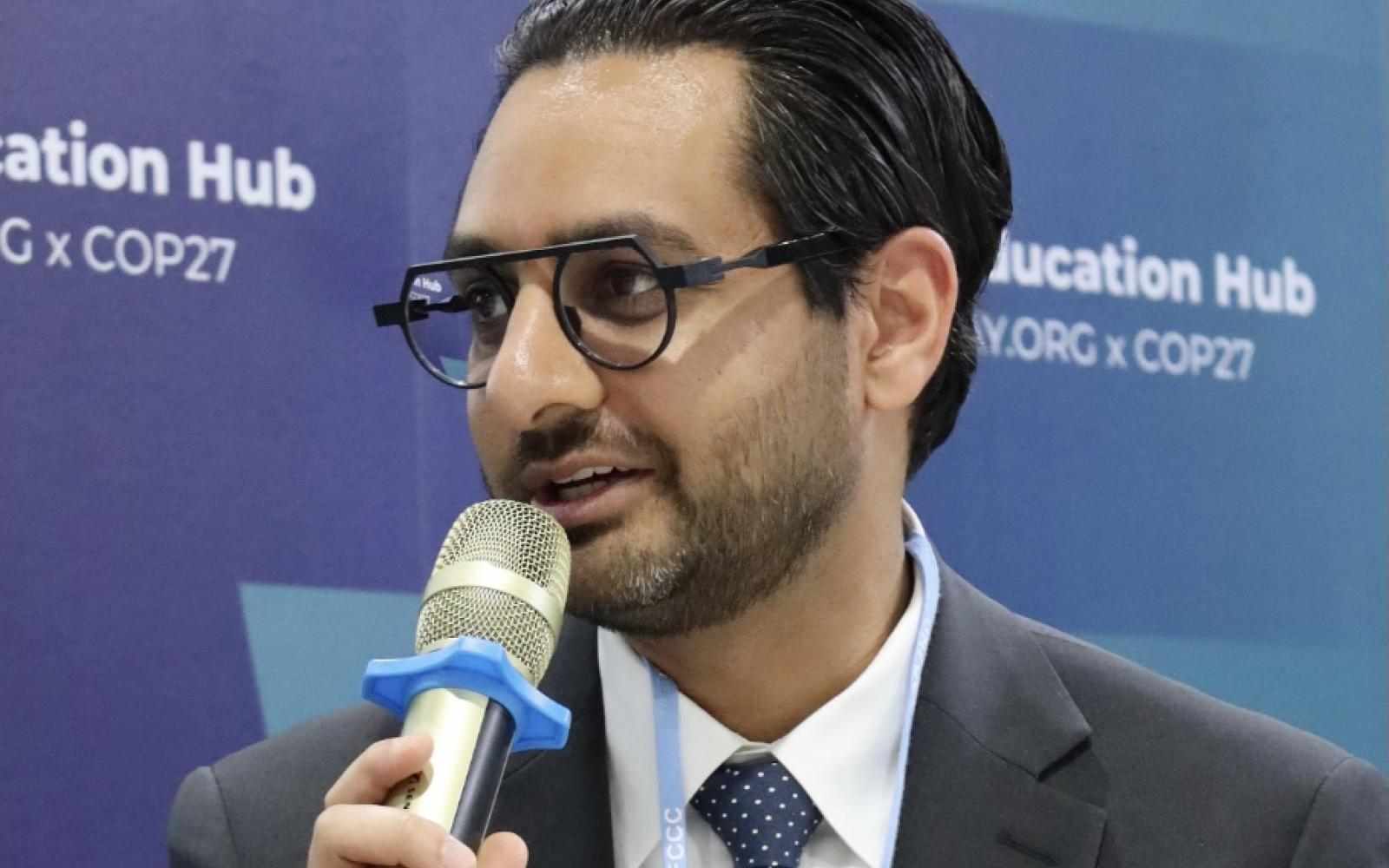United States of America 🇺🇸
I was born and raised in England. After graduating university I moved to India into a Hindu ashram on the banks of the Ganges in India. While there I studied the Bhagavad-gita -- the same holy text that had inspired people as great as Gandhi, Thoreau, and others. I was still relatively young - in my early 20s - and didn't know how formative this experience would be for the rest of my life.
A few years later a mentor asked that I help him start a faith-based climate change initiative rooted in Hindu values. It was 2009, and climate change wasn't as widely understood as it is now. Nonetheless, I joined him, and so began a career in mobilizing faith groups for action on climate.
The work took me all over the world. I met world leaders and dined with royal families. As young Hindu boy growing up on the outskirts of London to immigrant parents, this was far beyond what I expected of my life.
Although I was happy with my work working at a grassroots level, I wanted to have a bigger impact. I had always been drawn to the UN, and so in 2015 I decided to move to New York and explore how my work could be aligned with the SDGs.
Since making that decision, I've been very fortunate. Through the kindness and support of many, I now spend my days with people from different religious and spiritual traditions to advocate for stronger, bolder and more ambitious action to protect the Earth.
I'm honored to be a co-chair of the UN Multi-faith Advisory Council -- the only body that has a mandate from across the UN.
Some key highlights from previous years:
- I serve on the Advisory Board of the UN Decade on Ecosystem Restoration. I have been engaging faith communities globally to explore ecosystem restoration through the lens of spirituality. Together, we are exploring how the practices of compassion, humility and inclusiveness can strengthen ecosystem restoration work globally. I'm currently co-authoring a handbook on this topic in collaboration with the UN.
- At the UN COP15 in Montreal last December, I served as the head of the faith delegation. For 2 years prior I led efforts to engage more religious groups in advocating for biodiversity at the UN. Over 50 groups were engaged during that time. In Montreal I oversaw more than 20 faith events that showcased how and why faith groups care about biodiversity.
Throughout my career, there have been key factors that inform how I do my work, the seeds of which were planted many years ago when I lived by Ganges:
- Equality. The recognition that all life is equal and sacred. Man, woman, tree, plant, ant -- all should be afford the same level of respect.
- Compassion. In a world of duality, we all experience happiness and sadness. For me, living with compassion means to recognize that everyone is fighting their own demons, having their own challenges.
- Service. Our lives are fulfilled when we serve others, the planet and God. At any time, in any moment, there is always an opportunity to serve.
